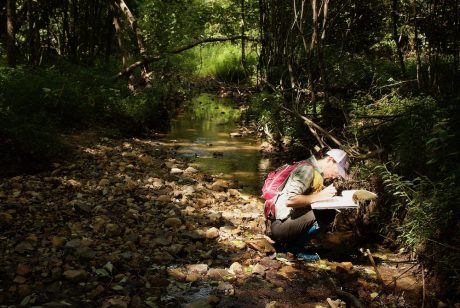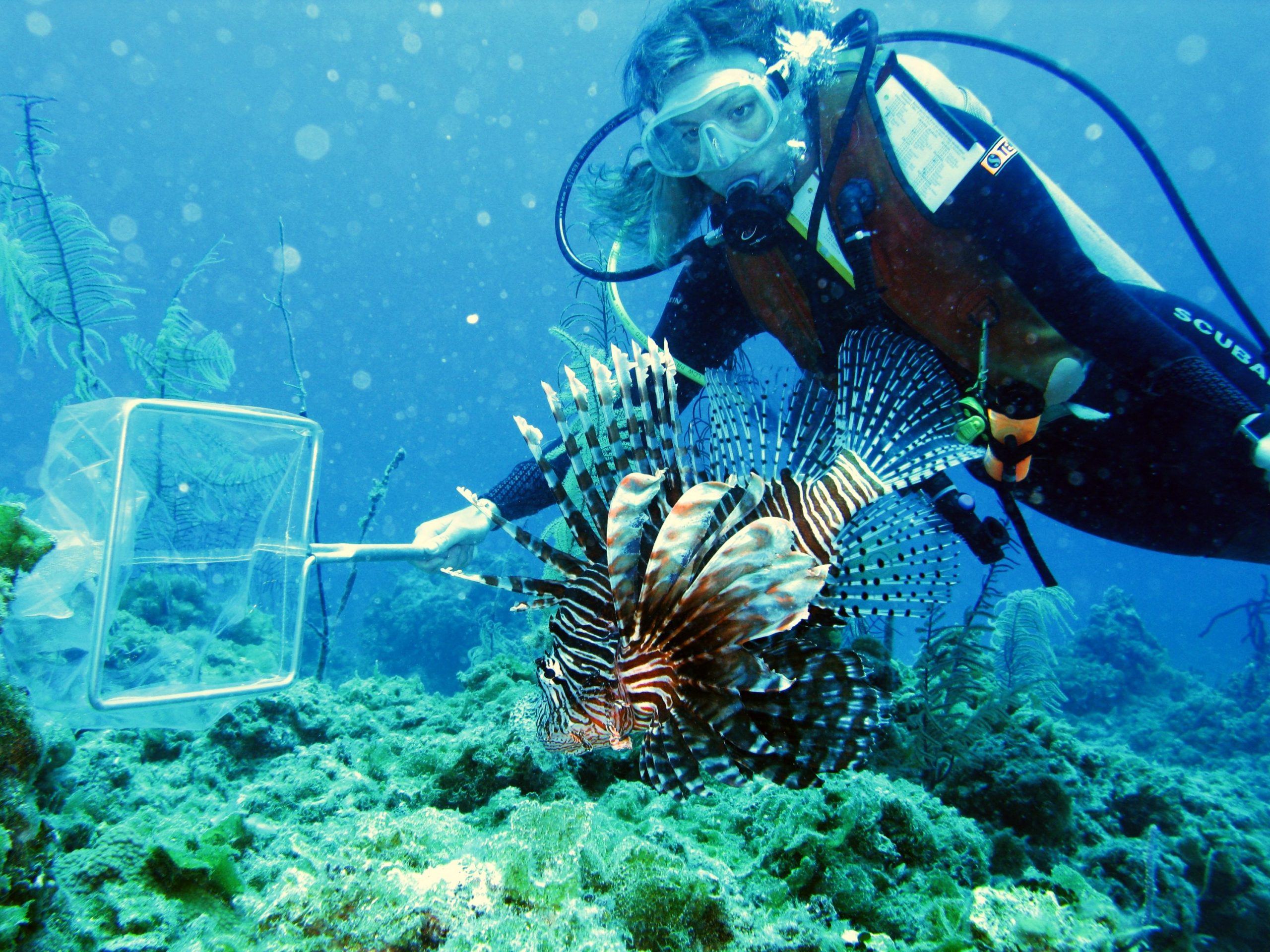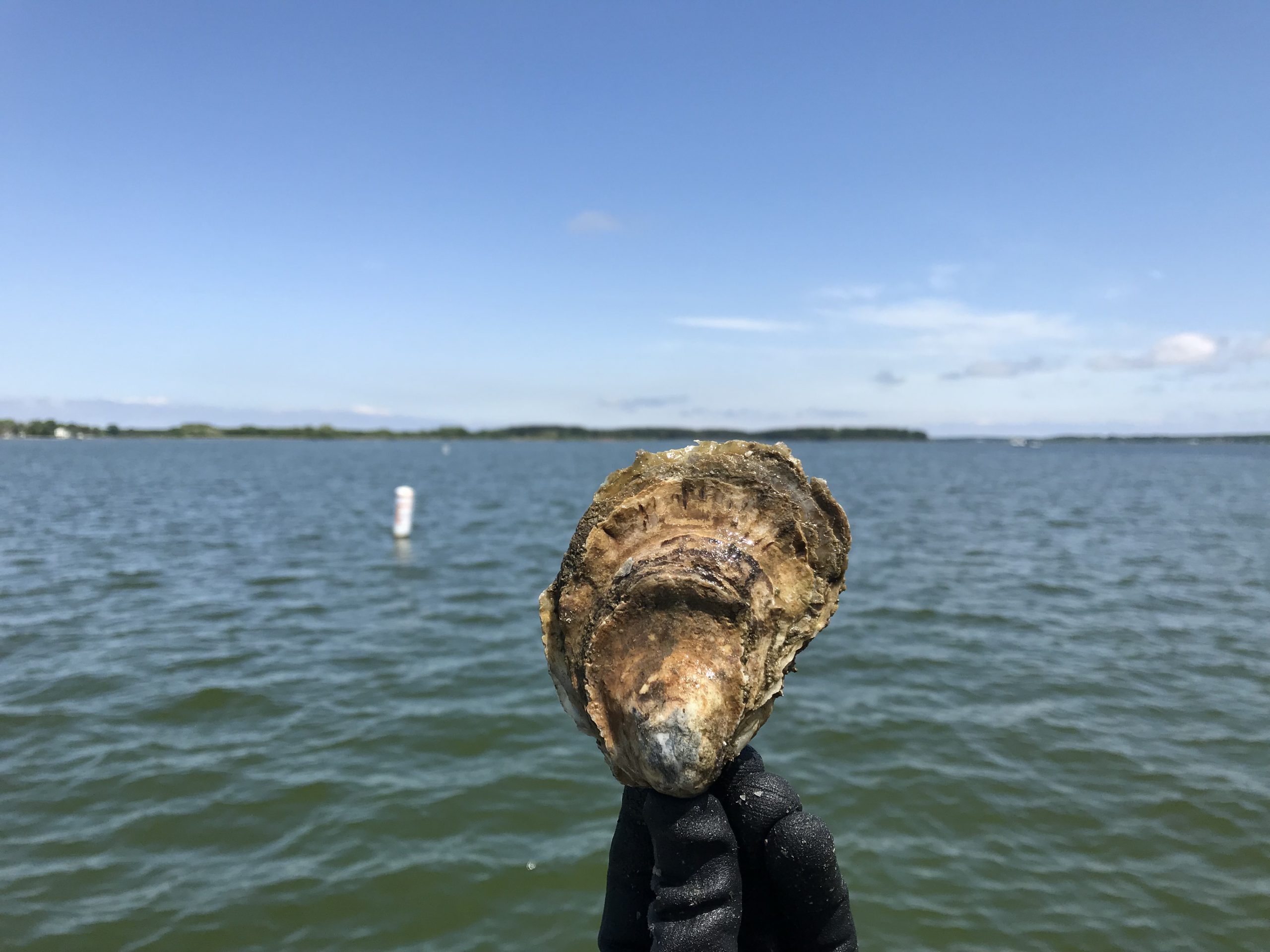
UGA Professor, Alumnus are among 2021 ESA Fellows
University of Georgia professor Pejman Rohani and alumnus Shuijin Hu are among a group of distinguished scientists elected Fellows of the Ecological Society of America in 2021, the organization announced March 25, 2021.

















